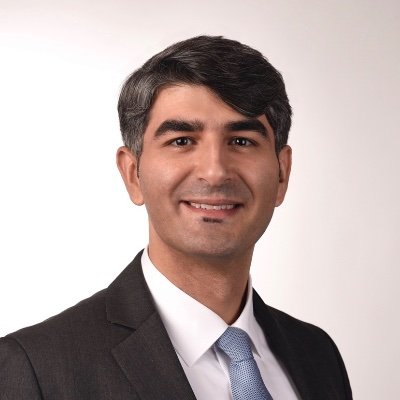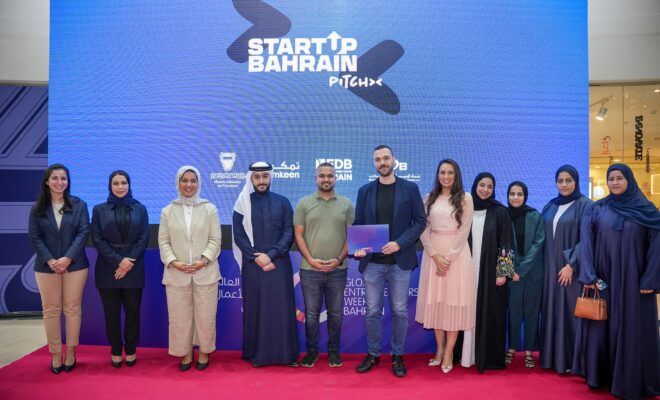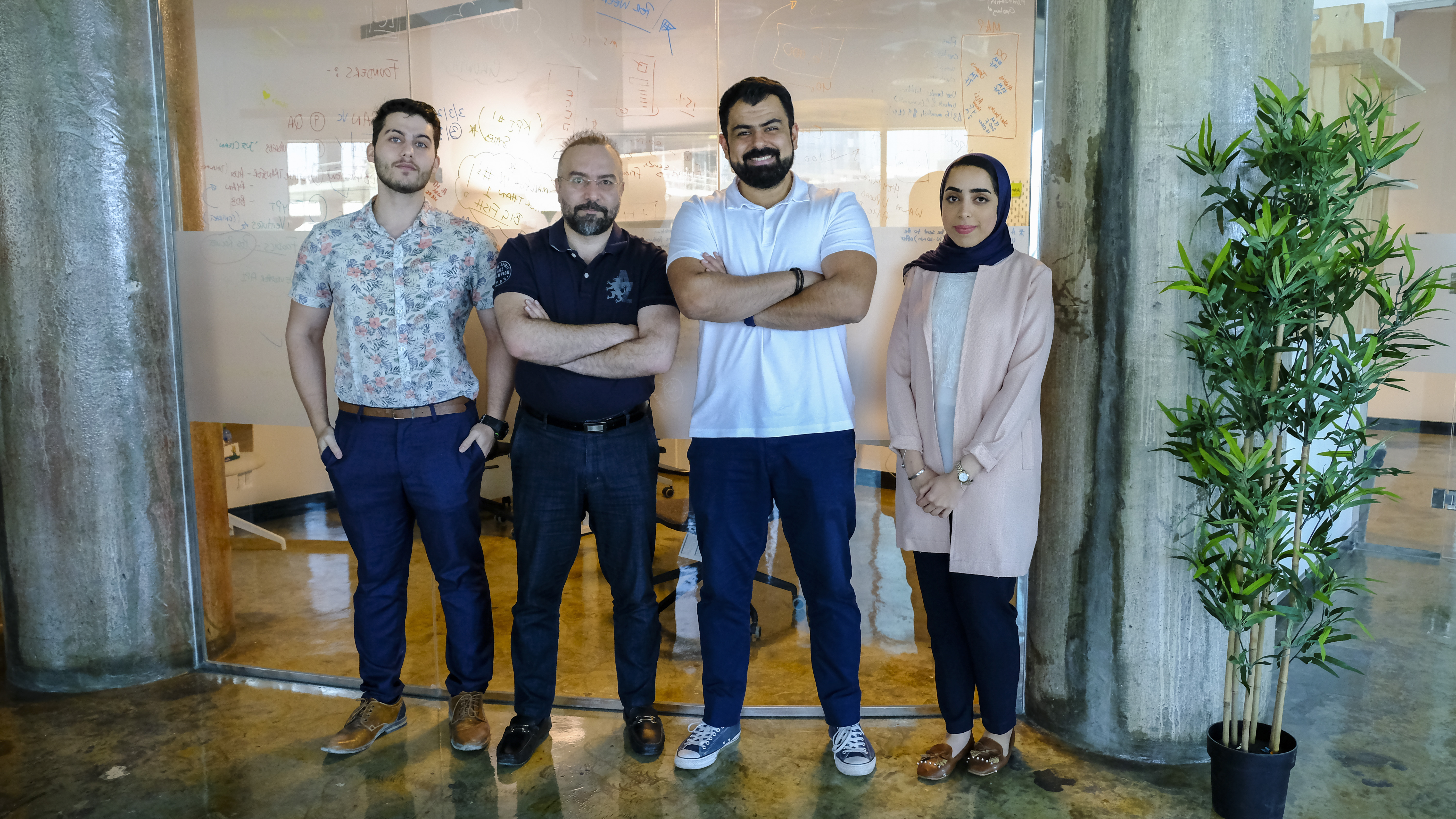An Interview with Hakan Eroglu Global Open Banking Lead Adviser for Mastercard

Everyone knows about Mastercard, but can you please tell us more about Open Banking and what your role as Head of this division entails?
Mastercard is a global payment technology company and is dedicated to enabling simple, fast and frictionless payment experiences around the world – through cards, real-time payments and many other options. Open banking enables individuals and small businesses to securely share their bank data with regulated third parties to access new products and services such as automated savings, guidance on budgeting, product comparison and improved credit checks. I am the Global Open Banking Lead for our division Data & Services – helping our clients to tackle open banking in regulated and unregulated markets to shape their strategy, business models and monetization models to benefit from this ground-breaking technology.
 You talked about Opportunities and the Path to Open Data—can you share with us what some of the opportunities presented by Open Banking are?
You talked about Opportunities and the Path to Open Data—can you share with us what some of the opportunities presented by Open Banking are?
Open banking and PSD2 have provided customers – both consumers and businesses – with much more control over their bank account data. It has enabled fintechs and other thirdparty providers to access those accounts, subject to customer consent, in order to build new services and applications. Meanwhile, the banks have benefited from improved customer relationships, new service offerings and better credit decisioning through access to data from multiple parties. But it doesn’t stop there as the market is changing rapidly right now and the opportunity for open data is far bigger than just banking. For example, the regulators in Australia are looking into which other industries could benefit from open data such as utilities or telecoms. The same is happening in Europe and we’re heading to a future where data will be open and available wherever the customer wants it. As a result, customers will have much more control over their data and which providers they choose to use – increasing competition across sectors. In financial services, this means that traditional banks will need to ramp up their use of AI technologies to compete against fintechs, tech giants and challenger banks.
Can you tell us more about the concept of frictionless payments?
At Mastercard, we believe in a future where money keeps pace with the way we live, work and do business: invisibly, intuitively, and intelligently. This means that we will be able to choose how we pay and get paid – securely and with certainty – and access to money and services is democratized so that the financially vulnerable are no longer excluded from the system. In turn, this means that global economies and communities can prosper. In order to achieve this goal, we’re creating solutions that allow money to move seamlessly and securely between people, businesses and governments, as well as across borders. We want to offer our customers smarter, automated payments and innovative digital solutions that reach the parts of the world banks can’t. Open banking is a key element of this by democratizing the use of customer data and enabling individuals to access better products and services that support them to both make payments and manage their money.
How have the customers of Mastercard embraced Open Banking and what is your vision for open banking in the future?
While it is certainly growing, awareness levels of open banking are still low among individuals and businesses in many markets. But knowledge of the term is less important than understanding the benefits. For example, recent research from Mastercard’s The State of Pay 2019-2020 report shows that 29% of consumers would be interested in a tool that allows you to set and manage a budget or track spending, while 32% would like to see their current accounts, savings, credit cards, pensions and investments together in one place. The State of Pay 2019-2020 report also confirms that the younger generations are more willing to exchange personal data for financial benefit. Unsurprisingly, 16-44 year olds were more willing to provide a bank or credit card with access to their personal data for this particular benefit in comparison to those aged 45 and over. Similarly, 42% of 16-24 year olds would be willing to exchange personal data for a tool that helps them budget and manage their spending. The younger generations’ relative enthusiasm for open banking-enabled solutions is perhaps an indication of where we will see future growth. However, in order for us to see the full potential of open banking (and open data) the industry must continue to collaborate to share best practices, learn from other markets and ensure security is always front of mind.
What advice can you give to aspiring entrepreneurs and startups in the tech field?
One of our key learnings in the open banking journey so far is that collaboration is key. Many fintechs have amazing ideas and technologies but struggle in the beginning to get enough customers on-board. Banks still enjoy a high level of trust among customers (both offline and online), owing to the brand recognition and long-time relationships with their customers. Through open banking, fintechs can integrate their solutions and then allow the banks to offer better products and services. It’s a win-win for both and so my advice to starts ups in this field is to not dismiss the incumbents and instead to think of them as potential partners that they can collaborate with and help you achieve your goals.
we will be able to choose how we pay and get paid – securely and with certainty – and access to money and services is democratised so that the financially vulnerable are no longer excluded from the system.














